NORTH
Contents
Historical
Background
Administrative
System
of North Korea
Comparison
with
South Korea
Conclusion
Background
1
Historical
Historical Background
North Korea
Democratic
People’s
Republic of
Korea
Establishment
1948 9.9
(liberation 1945 8.15)
Area
123,138㎢
Legislature
Supreme
People’s
Assembly
Capital
Pyong-yang
Government
Juche socialism Republic multiparty system
Actually,
single-party,
hereditary dictatorship
Population
24,052,231
(2011 census)
Historical Background
Kim Il-Sung
(Kim Sung-ju)
1912.04.15-1994.07.08
Eternal President of the Republic
Prime Minister of North Korea
1948.09.09-1972.12.28
President of North Korea
1972.12.28-1994.07.08
Historical Background
Kim Il-Sung
1948 the Korean People’s Army
the Supreme People’s
Assembly, Prime minister
1949. 9 Establish DPRK
1949 Workers Party of Korea (WPK) ,Chairman of the party
1950 ’s Purge the opposition
6.25 Korean war
1960’s Chollima movement
(천리마 운동)
1972 President of North Korea
“The Socialist
Constitution of DPRK”
(조선민주주의인민공화국 사회주의헌법)
1977 Announce “Juche idea”
centralization
the power to president
-> deification of President
1980’s train Kim Jung-il
to be successor
Historical Background
Kim Jung-Il
1941.02.16 - 2011.12.17
Eternal WPK General Secretary
General secretary
of the Workers’ Party of Korea
Supreme commander
of the Korean People’s Army
Historical Background
Kim Jung-Il
1961 enter Workers’ Party of
Korea
1963 Graduate Kim Il-sung
University, Political economy
Political activity
as a member of WPK
1992 the head of the state
constitutional reform
: consolidate the power of
supreme commander
of the Korean People’s Army
1993 Supreme commander of
the Korean People’s Army
1994 after Kim Il-sung died, 유훈통치
repeal President System
Bicameral government system
-> to dominate the national
defense and military power
1997 General secretary of
the Workers’ Party of Korea

- 오늘 본 자료가 없습니다.
- 세계 음식 소개(한국, 중국, 일본, 프랑스, 인도)
- 과학의 지식습득 방법 중 기존의 이론 중 하나를 제시하고 본인이 지식을 습득하는 방법 중 하나와 연결하여 논의하시오
- 사서가 되기 위해 준비하는 수강생은 모든 관종(공공, 학교, 대학, 전문, 특수) 도서관에서 근무할 수 있다 하지만 현실적으로는 모든 관종에서 근무할 수 있지 않고, 자신의 꿈과 적성, 기질에 따라 관종을 결정해야 한다 이에 자료선택 원리를 기반으로 자신이 근무하고자 하는 도서관 관종을 정하여
- 컴퓨터네트워크 통신 프로토콜 구성요소에 대하여 설명하시오
- FOB와 CIF 조건의 개념을 정리하고 이 두 조건의 주요 차이점을 위험 및 비용의 분기점, 해상운송, 해상보험의 세 가지 측면에서 비교하여 설명해 주세요
- 사회복지조사론토론- A 노인 요양원에서 생활하는 노인 클라이언트들의 욕구를 파악하기 위하여 조사를 진행하고 있다 면접조사가 바람직할지 또는 설문조사 바람직할지 토론하시오
- 아동발달과 연계한 아동미술의 필요성을 설명하고, 아동발달 지원을 위해 예비보육교사로서 갖추어야 할 아동미술 지도 역량을 기술하시오
- 사회복지정책의 순기능과 역기능을 각각 설명하고, 현재 시행중인 사회복지(정책)제도를 선택하여 예상되는 순기능과 역기능을 설명해주세요
- 사회복지 현장에서 일어날수 있는 윤리적 딜레마 상황을 알아보고 해당 상황에 대해 학습자 본인의 개인적 가치, 사회복지사로서의 전문적가치, 사회적가치는 무엇인지 기술하시오
- 보육교사의 역할과 자질에 대해 설명하시오
해당 정보 및 게시물의 저작권과 기타 법적 책임은 자료 등록자에게 있습니다. 위 정보 및 게시물 내용의 불법적 이용,무단 전재·배포는 금지되어 있습니다. 저작권침해, 명예훼손 등 분쟁요소 발견 시 고객센터에 신고해 주시기 바랍니다.



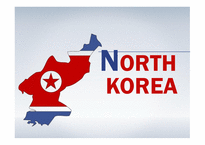
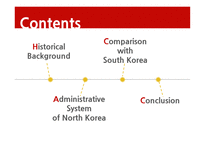
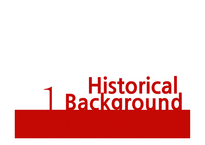
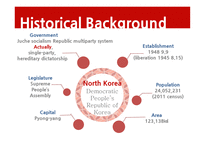
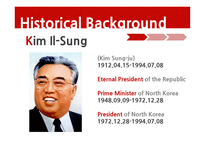
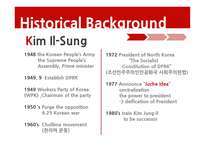
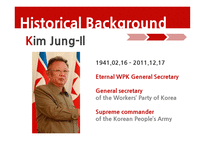
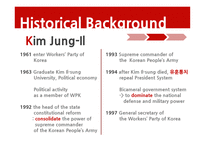
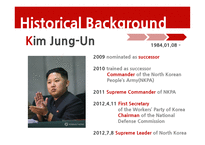
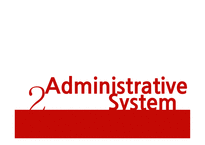
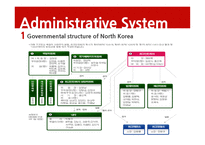
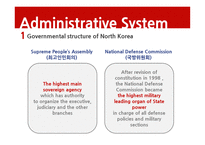
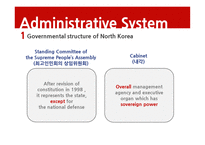
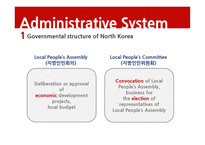
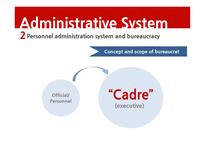
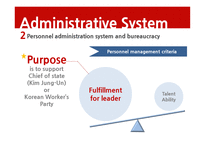
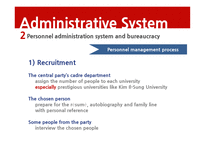
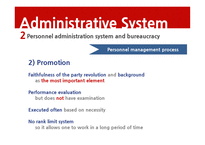
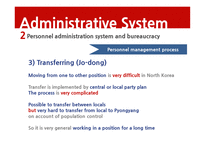
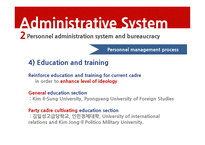
 분야
분야

